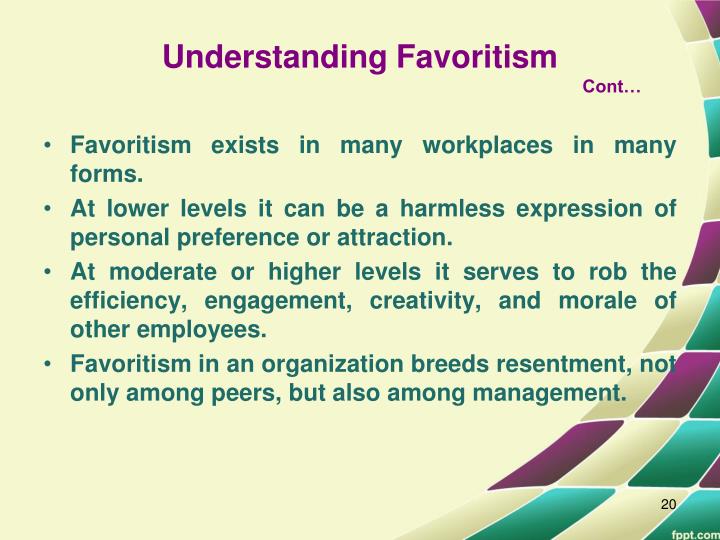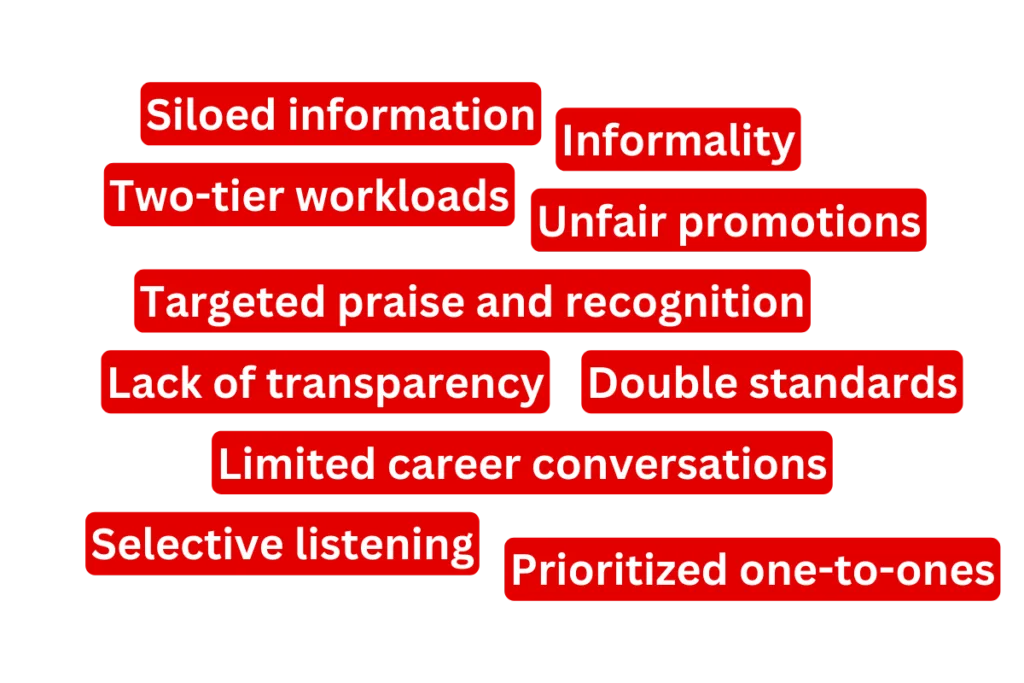Negative Effects Of Favoritism In The Workplace
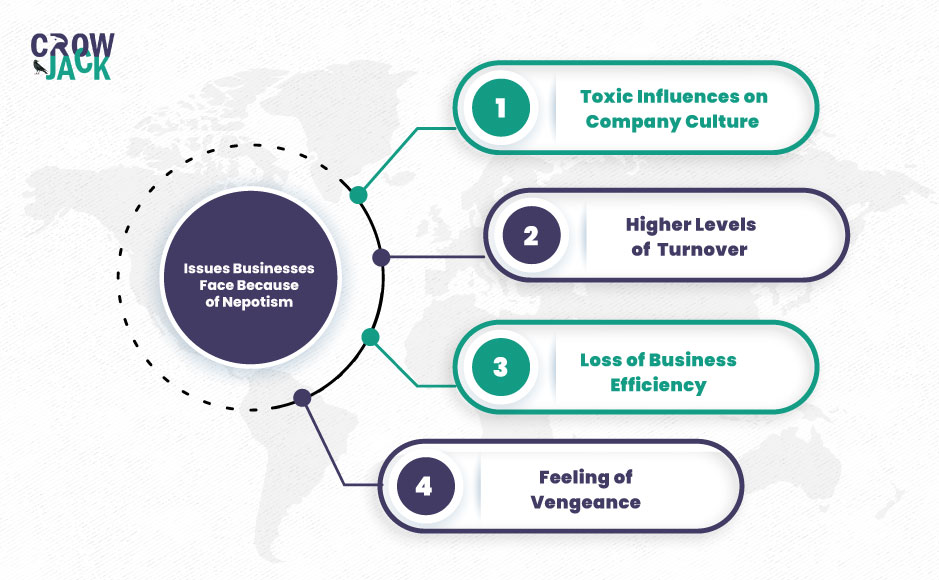
The subtle yet pervasive nature of favoritism casts a long shadow over workplaces, eroding morale, hindering productivity, and fostering a culture of inequity. While often unspoken, its impact resonates deeply, affecting not only individual employees but also the overall success and health of organizations. The consequences are far-reaching, extending from diminished employee engagement to increased turnover rates and even potential legal repercussions.
At its core, favoritism, or "in-group bias," as organizational psychologists often refer to it, involves showing preferential treatment to certain individuals or groups based on factors unrelated to their performance or qualifications. This article delves into the multifaceted negative effects of favoritism in the workplace, drawing on expert insights and empirical data to illustrate its detrimental consequences for employees and employers alike. By understanding the root causes and recognizing the signs, organizations can take proactive steps to cultivate a more equitable and productive environment for all.
Diminished Morale and Engagement
One of the most immediate and palpable effects of favoritism is a decline in employee morale. When individuals perceive that opportunities and recognition are unfairly distributed, it fosters resentment and distrust. This can lead to a decrease in motivation and a sense of disengagement from their work.
According to a 2023 study by Gallup, employees who feel they are treated unfairly are significantly less likely to be engaged in their work. They are also more prone to absenteeism and demonstrate lower levels of commitment to the organization.
Furthermore, favoritism can create a toxic work environment where employees feel undervalued and overlooked. This often manifests as reduced collaboration, increased gossip, and a general atmosphere of negativity, poisoning workplace dynamics.
Hindered Productivity and Innovation
Beyond its impact on morale, favoritism directly undermines productivity and innovation. When talented and capable employees are bypassed for promotions or projects due to preferential treatment, the organization misses out on their potential contributions.
"When favoritism takes root, it can stifle creativity and discourage employees from taking risks," explains Dr. Anya Sharma, an organizational behavior specialist."Employees who feel marginalized are less likely to share their ideas or go the extra mile, fearing that their efforts will go unnoticed or unrewarded."
This can create a culture of complacency and stagnation, where innovation is stifled and the organization struggles to adapt to changing market conditions.
Increased Turnover and Recruitment Challenges
The consequences of favoritism extend to talent retention and acquisition. Employees who consistently experience or witness unfair treatment are more likely to seek employment elsewhere, leading to increased turnover rates. This turnover can be costly, requiring organizations to invest in recruitment, training, and onboarding new employees.
Data from the Society for Human Resource Management (SHRM) indicates that companies with high levels of employee dissatisfaction due to perceived unfairness experience significantly higher turnover rates than those with a more equitable culture. This also negatively affects a company's image.
Moreover, a reputation for favoritism can deter prospective employees from joining the organization. Potential candidates may be hesitant to accept job offers, fearing that they will face similar challenges and limitations.
Potential Legal Repercussions
In certain cases, favoritism can cross the line into illegal discrimination. If preferential treatment is based on protected characteristics such as race, gender, religion, or age, it can lead to lawsuits and legal penalties.
The Equal Employment Opportunity Commission (EEOC) actively investigates and prosecutes cases of workplace discrimination. Organizations found guilty of discriminatory practices can face significant financial penalties, damage to their reputation, and court-ordered remedial actions.
Even if favoritism does not violate anti-discrimination laws, it can still create a hostile work environment, which can also lead to legal action.
Mitigating Favoritism: A Path Forward
Addressing favoritism requires a multi-pronged approach that encompasses clear policies, transparent decision-making processes, and ongoing training. Organizations should establish and enforce clear anti-discrimination and anti-favoritism policies. These policies should be communicated to all employees and consistently applied across all levels of the organization.
Implementing transparent performance evaluation systems is crucial. Objective performance metrics and regular feedback can help ensure that decisions about promotions, raises, and assignments are based on merit, rather than personal preferences.
Furthermore, organizations should invest in training programs that educate managers and employees about the dangers of favoritism and unconscious bias. These programs can help individuals recognize and address their own biases, fostering a more inclusive and equitable workplace culture.
By proactively addressing favoritism, organizations can cultivate a work environment where employees feel valued, respected, and empowered. This will not only improve morale and productivity but also attract and retain top talent, ultimately contributing to the long-term success and sustainability of the organization.
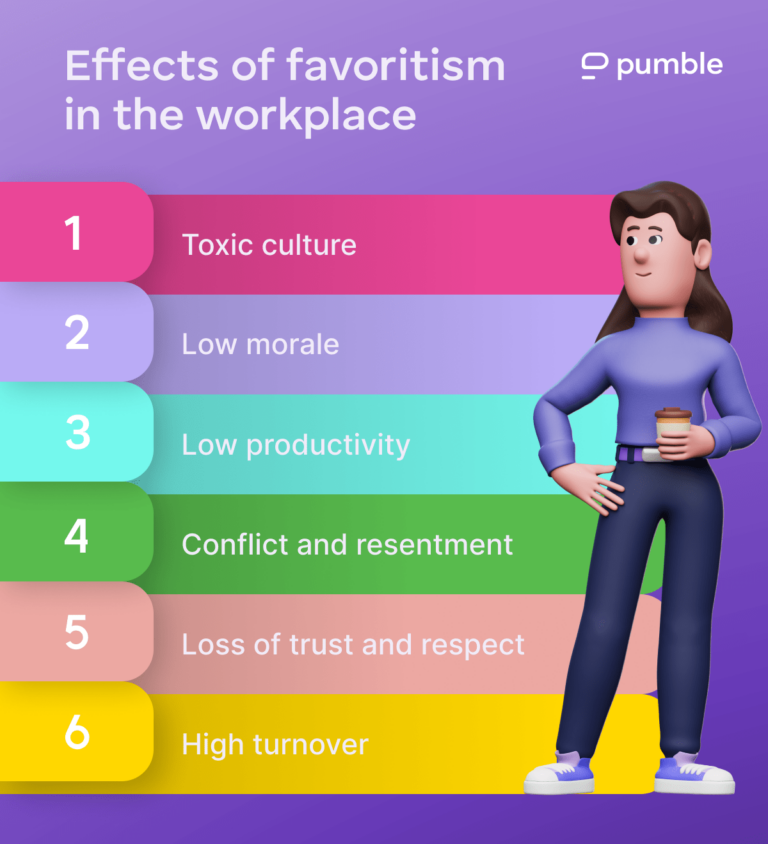
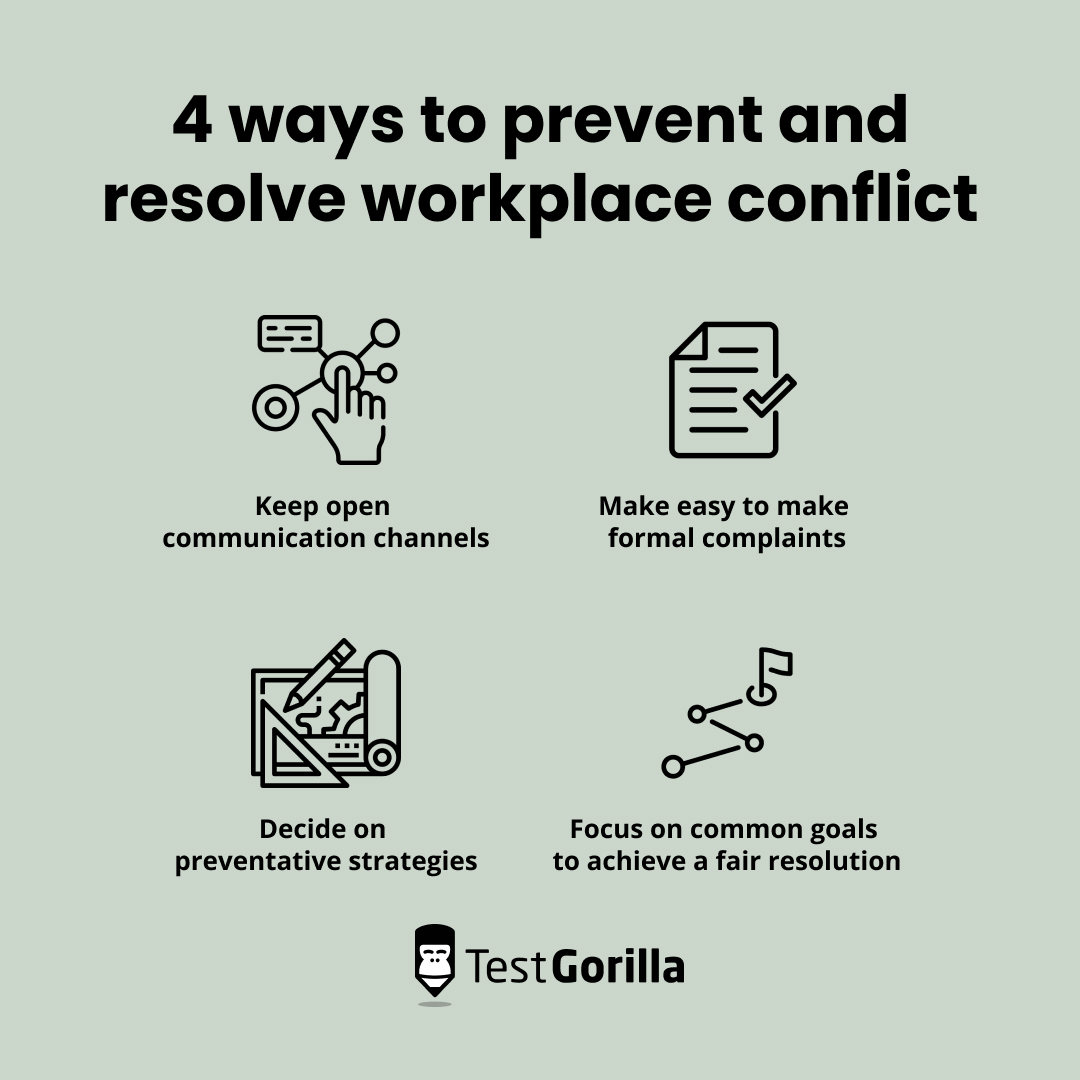
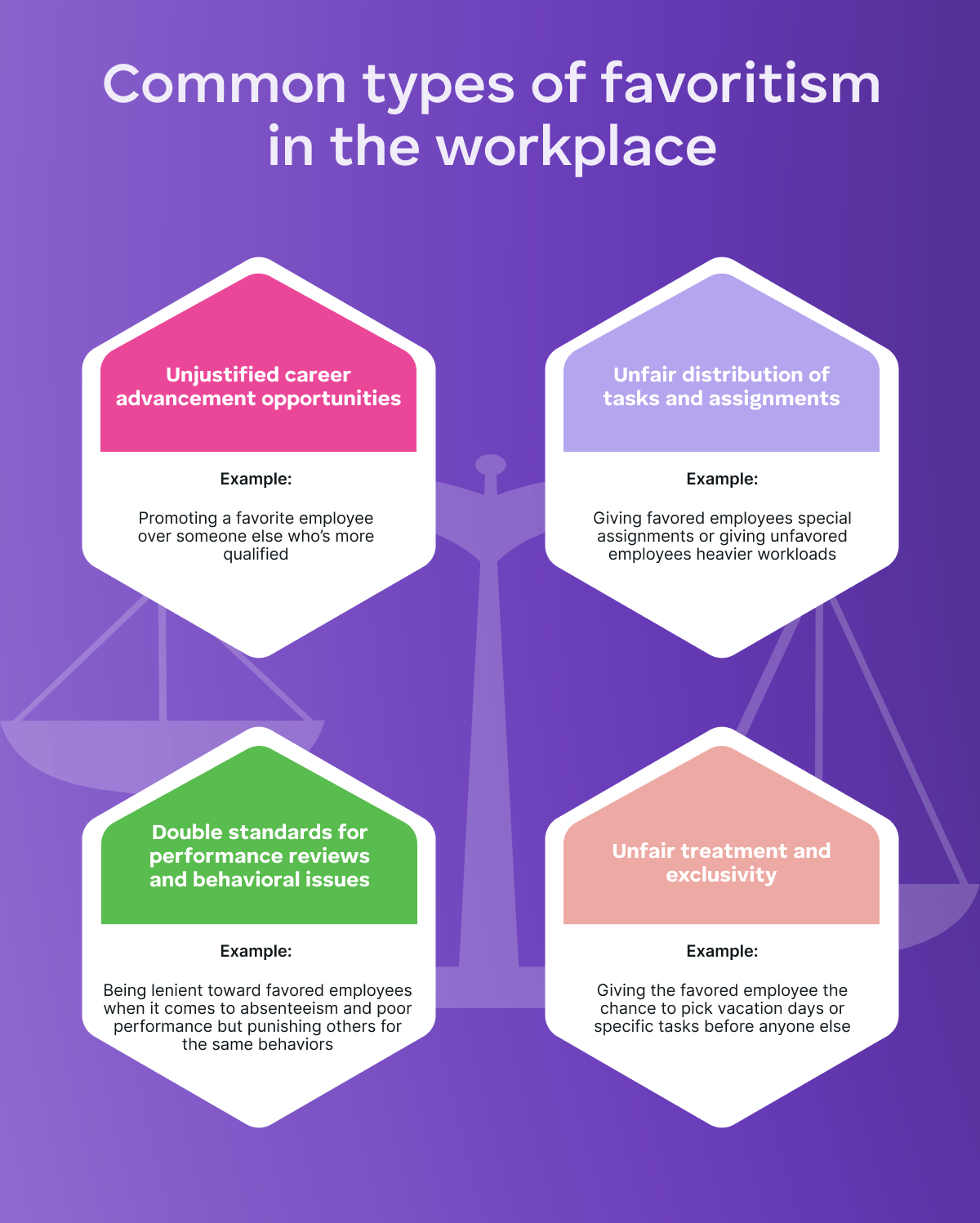
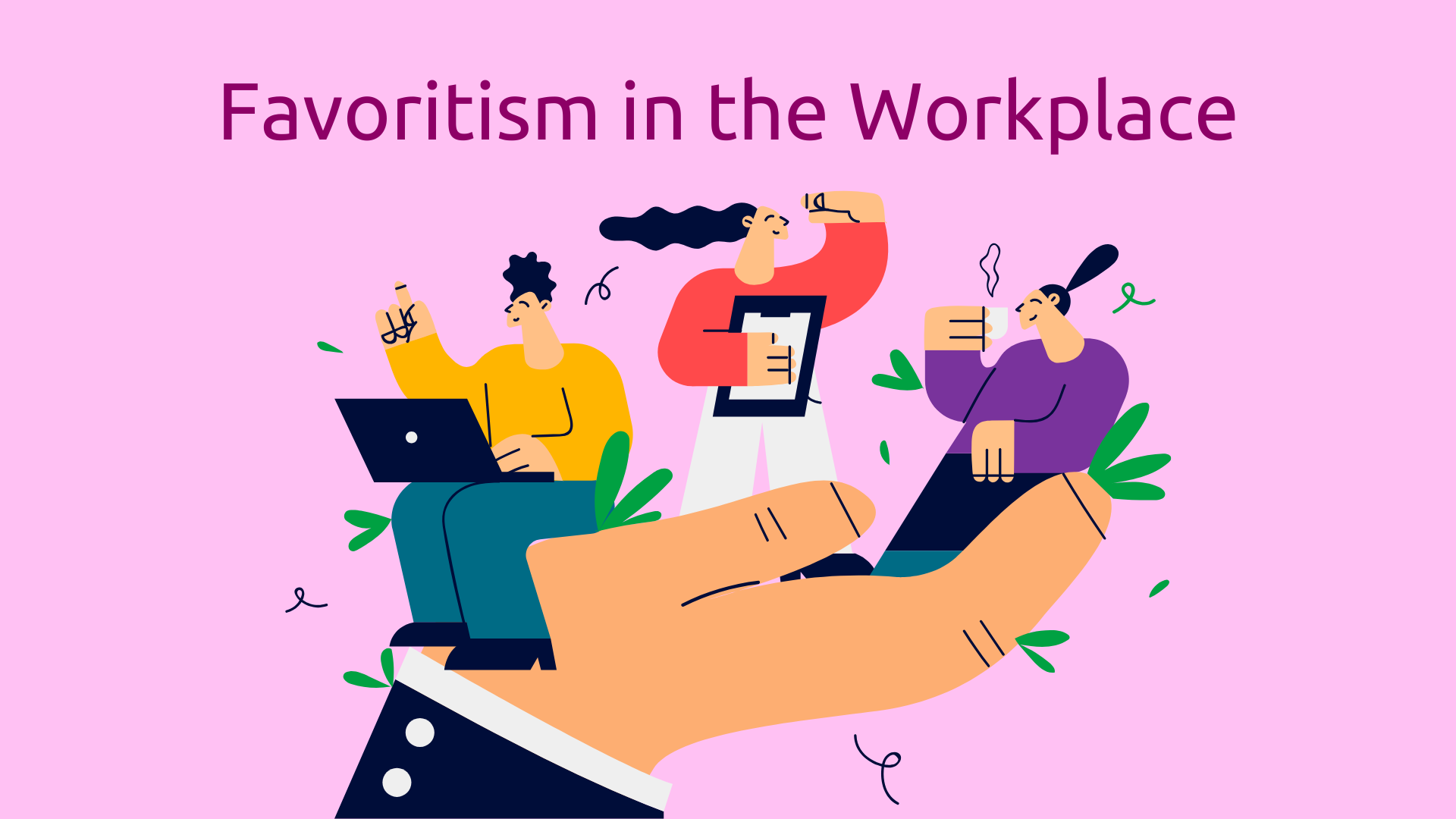
![Negative Effects Of Favoritism In The Workplace How to Complain About Favoritism at Work: [Consequences of Favoritism]](https://skillsforchange.com/wp-content/uploads/2023/10/Consequences-of-Favoritism-768x768.jpg)

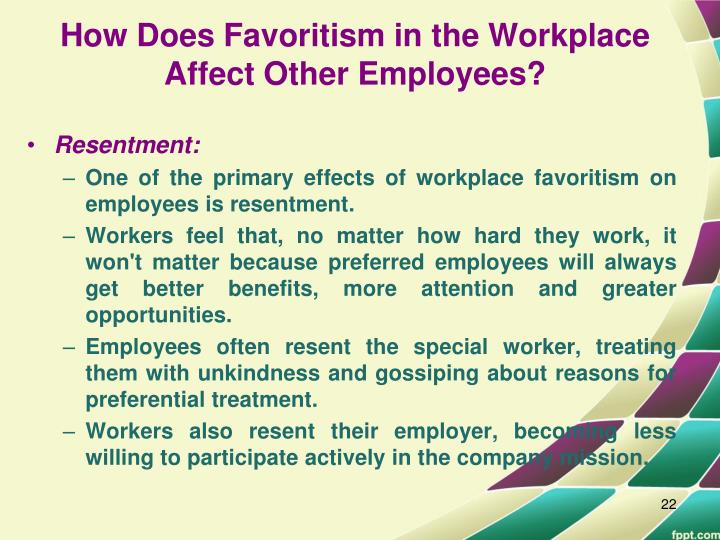


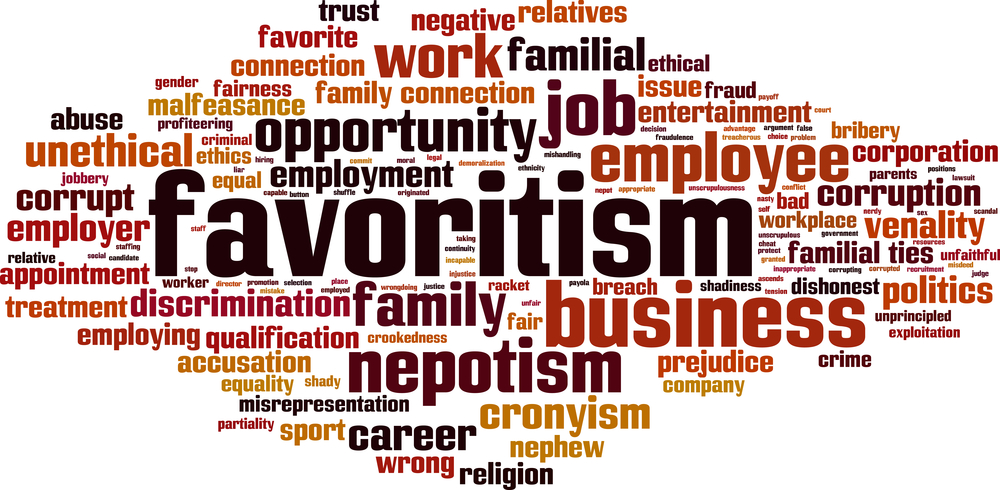
.png?width=3840&name=What you can do about favoritism at work - Niagara Institute (1).png)
